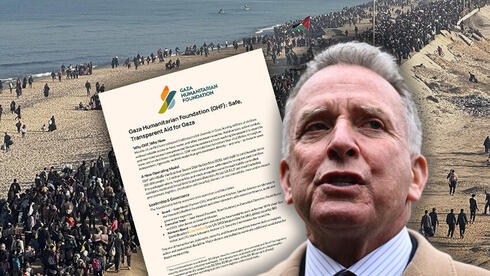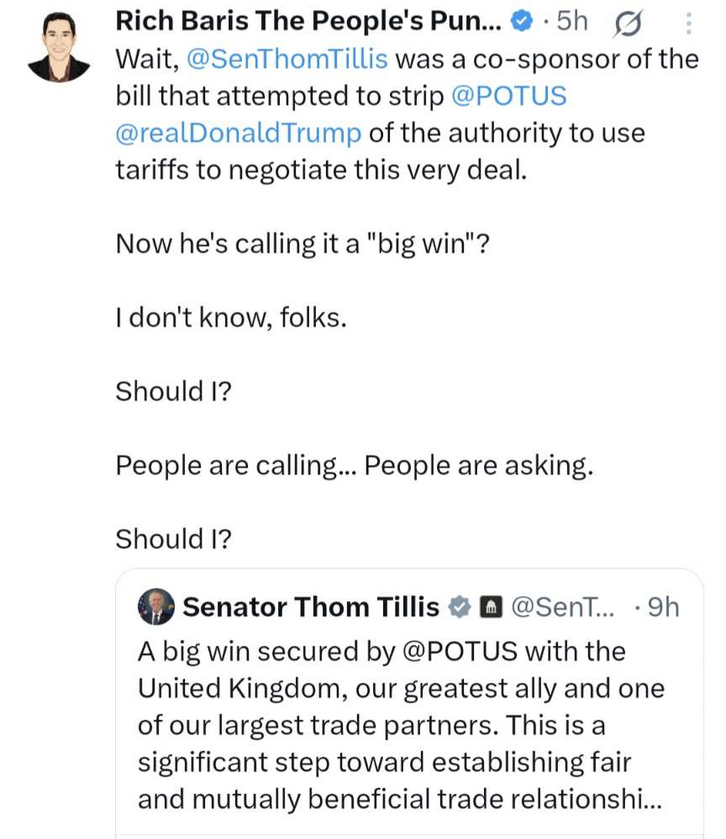"In a rare and high-profile presentation to the UN Security Council, U.S. envoy Steve Witkoff on Thursday introduced a sweeping American initiative to restore humanitarian aid to Gaza through a new independent mechanism known as the Gaza Humanitarian Foundation (GHF).
The plan, detailed in a 14-page document obtained by Ynet, aims to bypass long-standing challenges that have undermined donor trust and hindered aid distribution. Witkoff emphasized the initiative’s founding principles of “transparency, independence and security,” seeking to ensure aid does not reach Hamas.
The foundation proposes the creation of four Secure Distribution Sites across the Gaza Strip, each serving up to 300,000 people, with the goal of reaching 1.2 million residents in the first phase and up to 2 million later. The sites will operate without military presence, under direct supervision of independent safety and security teams. Aid — including food packages, hygiene kits, medicine and water — will be distributed based solely on need, and without discrimination.
Despite the initiative’s stated neutrality, the UN and several humanitarian organizations have expressed firm opposition and have declined to cooperate, amid growing accusations that Israel is intentionally starving the population in Gaza. Witkoff, however, stood firm in the closed-door Security Council meeting, asserting that the goal is to prevent aid from being diverted to Hamas. Critics pushed back sharply during the session, arguing that any alternative mechanism lacking UN coordination could further complicate the humanitarian crisis.
GHF calculates that a single 1,750-calorie aid meal will cost just $1.31, covering logistics, security and delivery. Each family food box — containing 50 full meals — will cost $65 and be delivered directly to vulnerable households. The foundation is led by prominent figures in the humanitarian and financial sectors, including Nate Mook (former CEO of World Central Kitchen), Jake Wood (founder of Team Rubicon) and David Beasley (former head of the UN World Food Program). Oversight will be handled by a leading global auditing firm and a legal team specializing in international humanitarian law.
The document also cites concerns within the international community over diversion of aid by armed groups, black-market resale and lack of transparency from local authorities. GHF, the statement says, is guided by principles of humanitarianism, neutrality, independence and universality, and is committed to measurable field outcomes.
Although a U.S.-backed initiative, GHF aims to operate outside any political or military apparatus. While the IDF will not be present at the distribution sites, coordination will be maintained to ensure humanitarian access. The foundation also invites local and international NGOs to use its secure infrastructure for delivering aid.
“GHF sets a new standard for humanitarian aid in conflict zones,” the document concludes. “If it can fulfill its promise, it may become a global model for restoring trust in humanitarian assistance in crisis areas worldwide.” U.S. President Donald Trump said earlier this week that he plans to deliver a “very important” and “very positive” announcement in the coming days, ahead of his scheduled visit to the Middle East next week. While Trump did not elaborate on the content of the announcement, State Department spokesperson Tammy Bruce later hinted it may relate to humanitarian aid delivery to Gaza.
Last month, Trump discussed his latest conversation with Prime Minister Benjamin Netanyahu, revealing that he had urged the Israeli leader to allow greater access for food and medical supplies into the Gaza Strip..."
https://www.ynetnews.com/article/sj83o9qllx




















